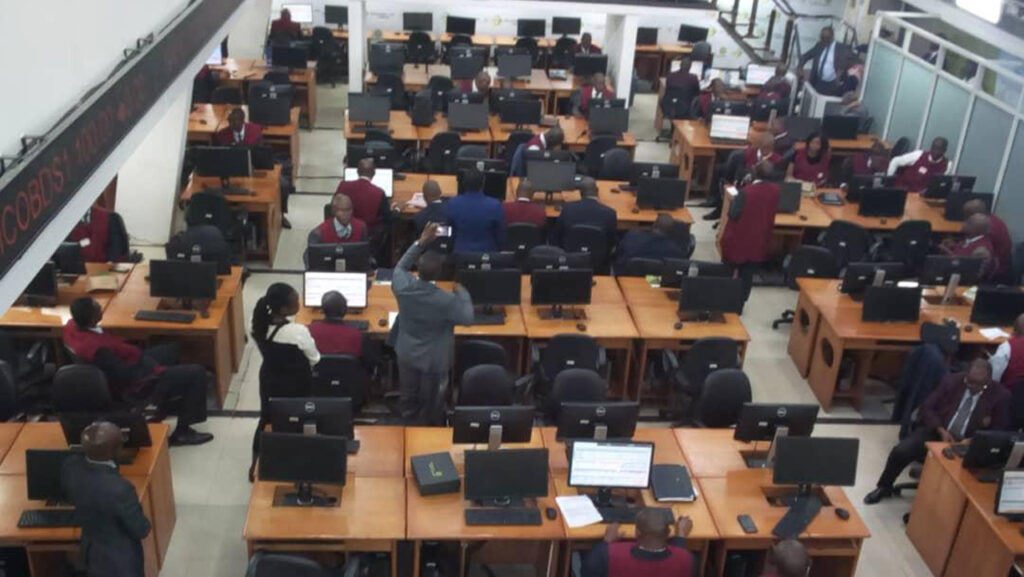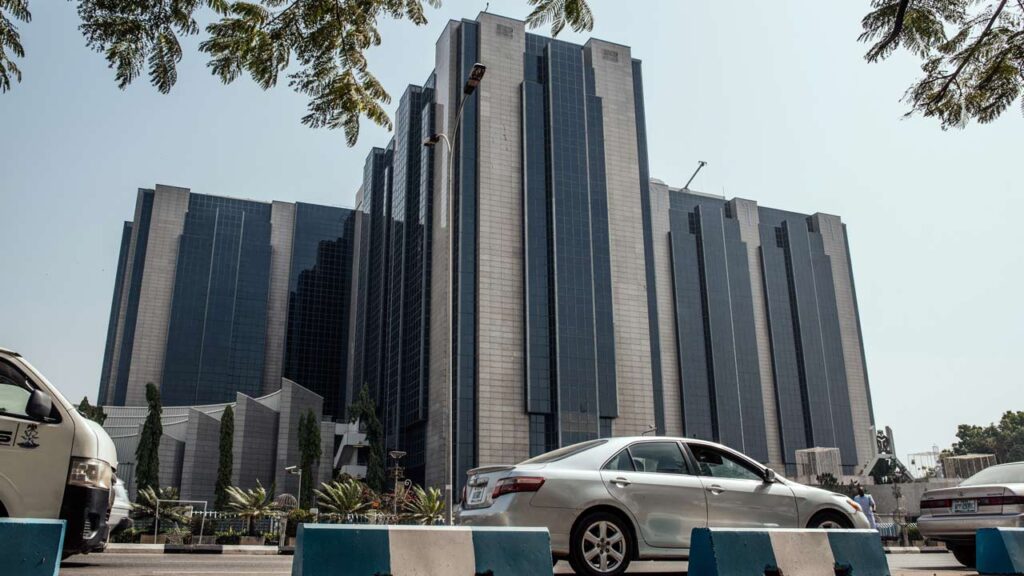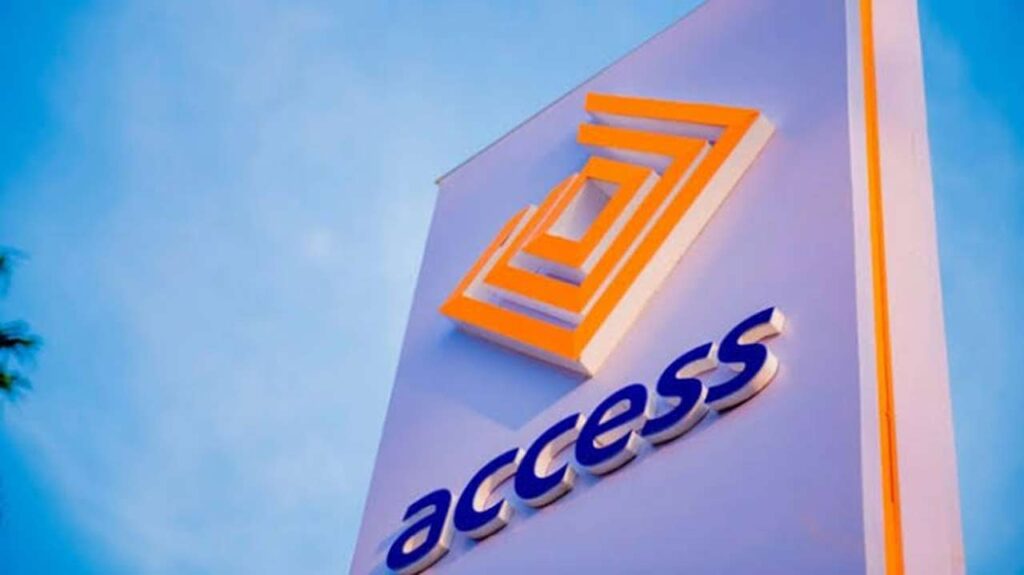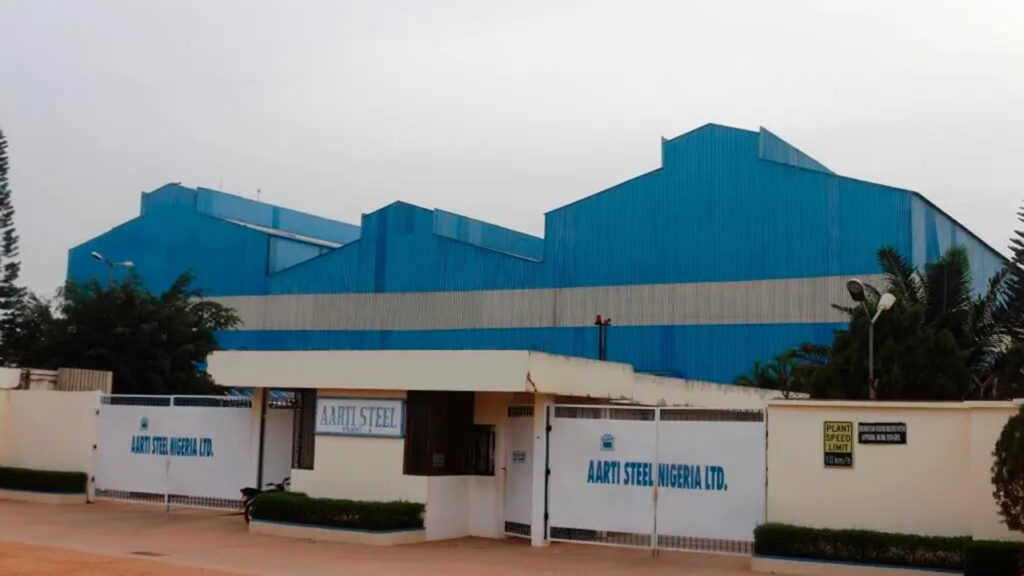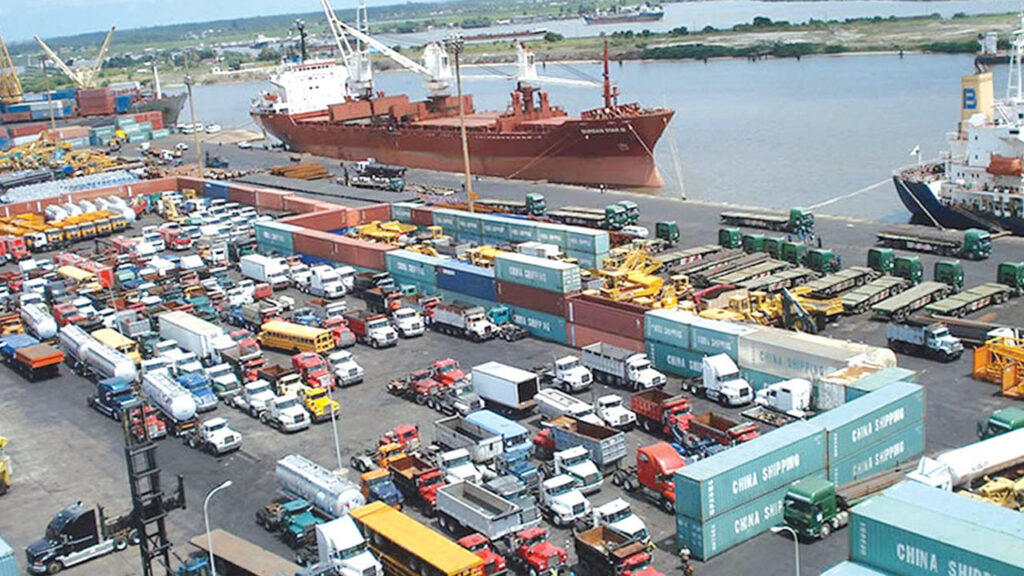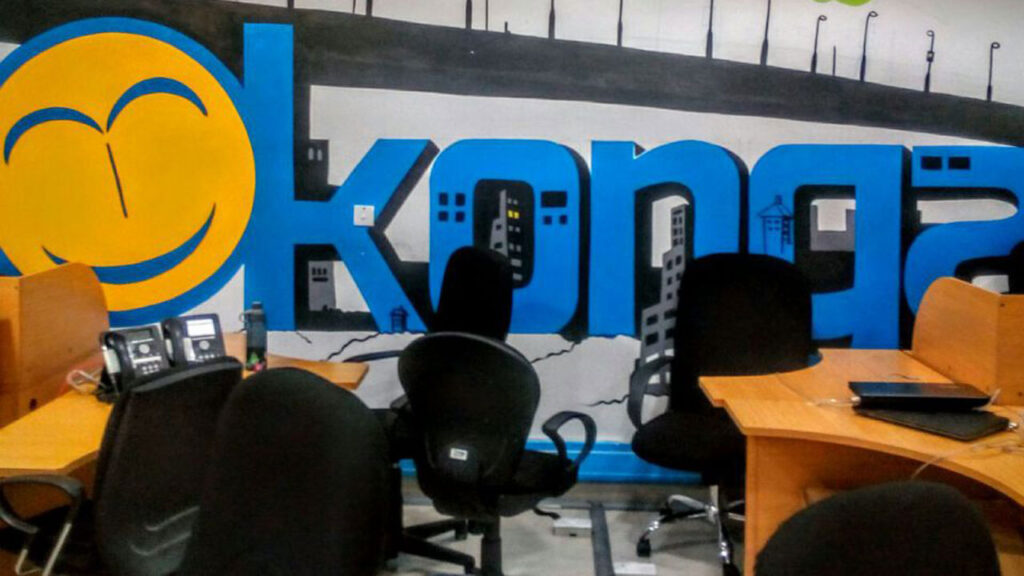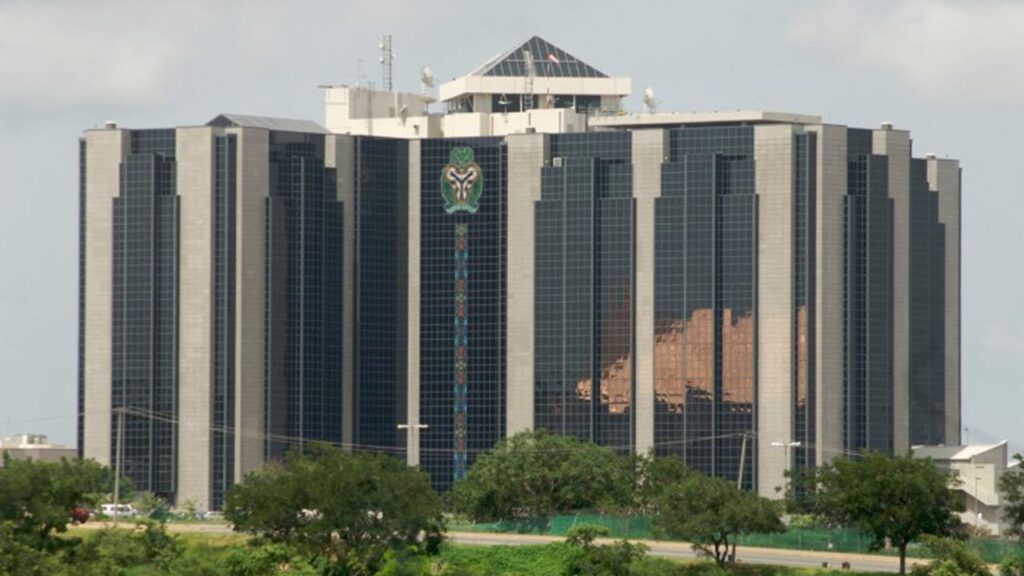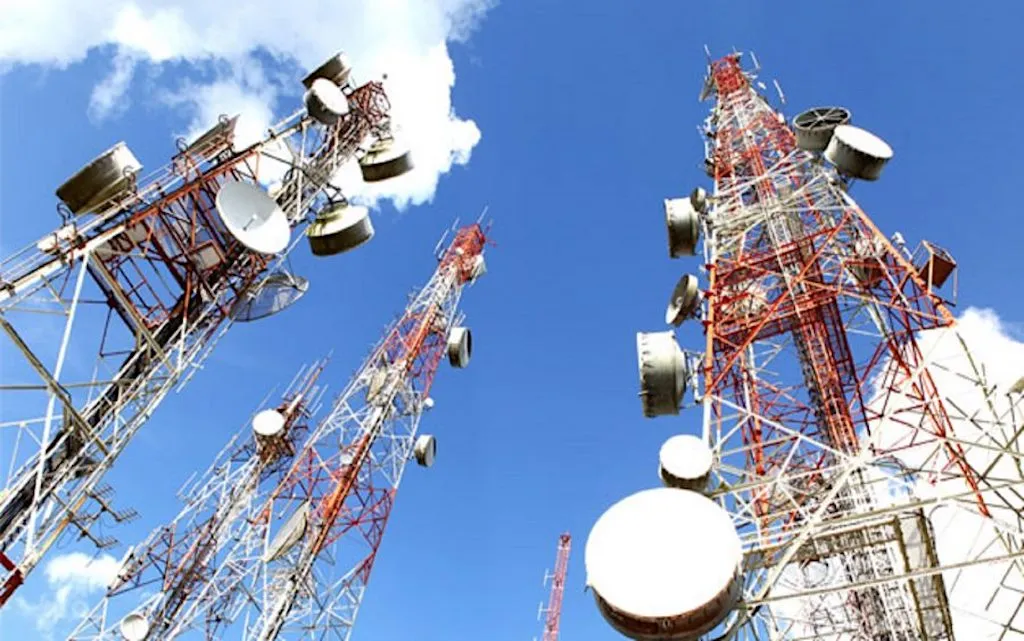
Nigeria and the entire African continent must invest $40 billion yearly to close the gender equality gap and ensure women’s empowerment development to prevent 340 million people from falling into extreme poverty by 2030.
This position was made at a women’s empowerment webinar organised by First Bank Group and United Nations (UN) Women, themed, ‘Invest in Women: Accelerate Progress’.
The Country Representative to UN Women Nigeria and the Economic Community of West African States (ECOWAS), Beatrice Eyong, highlighted the need for substantial investment in the area, noting that globally, $360 billion is needed yearly to bridge gender equality and promote women’s empowerment development.
She said Nigeria and Africa require $40 billion, stressing that without investment in the areas by 2030, over 340 million people could face extreme poverty.
Eyong emphasised the importance of policies and investments to improve women’s access to financial services, critiquing the current financial architecture in Nigeria as unsuitable for women’s needs, with only a per cent of women having access to procurement capital.
She pointed out that the loan schemes and preferences of financial institutions are unfavorable to women, hindering their economic participation.
Eyong also called for a re-evaluation of fiscal policies, particularly taxes on women’s consumables. She noted a decrease in funding for gender equality and empowerment development.
Head of Youth/Women Banking at FirstBank Group, Aderonke Adeyinka, explained the bank’s efforts to implement financial instruments that foster gender equity, inclusion, and diversification to support women’s socio-economic development.
She highlighted the low participation of women in financial inclusion, with women owning only 38 per cent of bank accounts.
To combat the lack of funding for women, Adeyinka said the bank has targeted industries dominated by women as well as those with fewer women, offering them nine per cent interest loans without collateral to enhance their businesses.
The Director of Sustainability and Climate Change at PwC West Africa, Marilyn Obaiisa-Osula, remarked on the invisibility, unpaid, and underpaid labour of women in the supply chain trade, despite their innovation and importance.
She criticised the African Continental Free Trade Agreement for lacking gender inclusiveness in its supply chain sector and called for the Export Promotion Council and the Investment Promotion Commission to facilitate women’s access to trade investment in the AfCFTA.
The Founder of Women in Successful Careers (WISCAR), Amina Oyagbola, urged President Bola Ahmed Tinubu to issue an Executive Order on female inclusion and diversity in both government and the private sector, noting the absence of enabling legislation for women’s empowerment in Nigeria.
She stressed that the passage of the neglected gender bill would significantly advance women’s economic development.
Oyagbola also mentioned that diversity, equity, and inclusion are increasingly vital for the private sector’s survival, with only 200 companies in Nigeria having signed onto the UN Women Empowerment Principles (WEPs).
The Managing Director/Chief Executive Officer of PAN Nigeria Limited, Taiwo Oluleye, called on financial institutions to close the gender equality gap, noting that their gender-sensitive financial products do not meet women’s needs.
She urged the Federal Government to establish a gender-based national fund for women and vulnerable groups to overcome financial challenges in both the short and long term.


